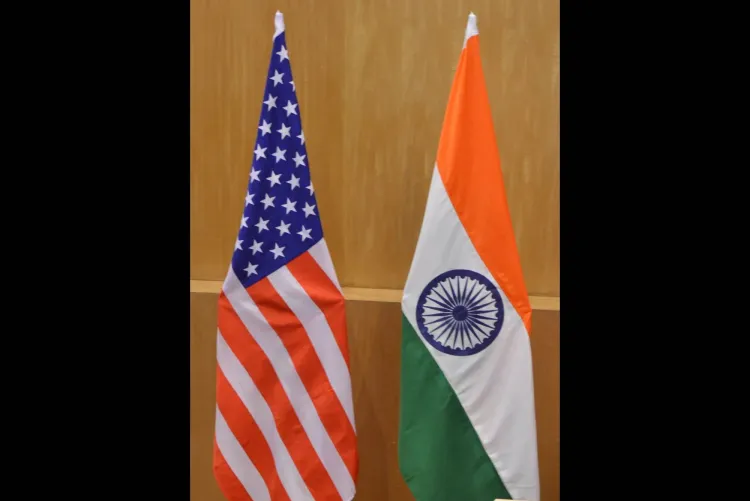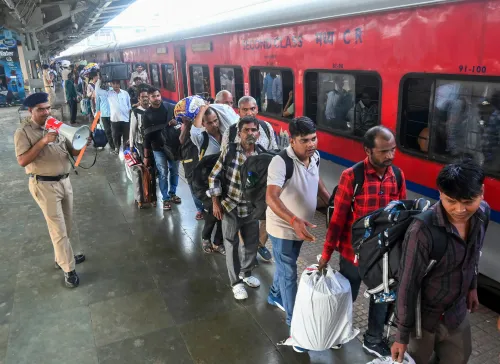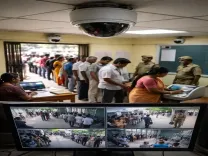Could the H-1B Visa Fee Increase Disrupt US Innovation and Job Market?

Synopsis
Key Takeaways
- The H-1B visa fee has increased to $100,000 annually.
- The effective deadline is 12:01 a.m. on September 21.
- This change may disrupt the job market and innovation ecosystem in the US.
- Indian technology firms are adapting by increasing local hiring.
- High-skill talent remains critical for the US economy's growth.
New Delhi, Sep 20 (NationPress) The recent increase in H-1B visa fees, announced with a one-day deadline, by the US government may create significant challenges for America's innovation landscape and overall job market, warned Nasscom, the apex body of the IT sector, on Saturday.
In response to the latest White House announcement, signed by US President Donald Trump, which imposes a $100,000 annual fee on H-1B visa applications as part of a comprehensive reform of the skilled worker program, Nasscom expressed concern regarding the short implementation timeline (effective for anyone entering the US after 12:01 a.m., September 21).
“This one-day deadline introduces substantial uncertainty for businesses, professionals, and students worldwide. Policy changes of this magnitude should ideally be accompanied by adequate transition periods, enabling organizations and individuals to effectively plan and reduce disruption,” stated the industry organization.
Nasscom is currently evaluating the intricate details of the new order.
“This will also affect Indian nationals holding H-1B visas who are employed by global and Indian firms. Furthermore, India's technology service providers will face challenges as business continuity is threatened for onshore projects, necessitating cost adjustments. Companies will collaborate with clients to effectively manage transitions,” Nasscom noted.
Nevertheless, it is crucial to recognize that Indian and India-centric businesses have been progressively decreasing their dependence on these visas by increasing local employment in recent years.
“These organizations adhere to all necessary governance and compliance regulations in the US regarding H-1B processes, ensure they pay the prevailing wages, and contribute to the local economy and innovation partnerships with academia and startups. Workers on H-1B visas for these companies do not pose a threat to US national security,” Nasscom asserted.
Nasscom has continuously highlighted that high-skill talent is essential for enhancing innovation, competitiveness, and growth in the US economy.
This is particularly vital at a time when advancements in AI and other cutting-edge technologies are poised to define global competitiveness. High-skill talent will remain crucial for maintaining America's leadership in innovation and long-term economic stability.
“As developments unfold, we will keep a close watch on the situation, engage with industry stakeholders regarding potential implications, and seek further clarification on the discretionary waiver process, which will be managed by the Secretary of DHS,” it added.










